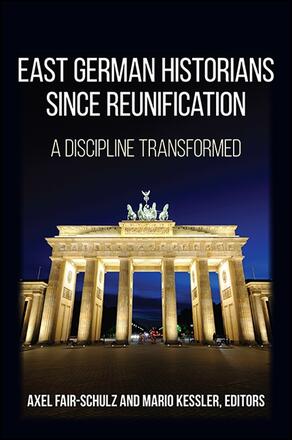
East German Historians since Reunification
A Discipline Transformed
Alternative formats available from:
Surveys how reunification in 1990 impacted historical scholarship in the former East Germany.
Description
With German reunification and the demise of the German Democratic Republic in 1990, East German historians and their traditions of historiography were removed from mainstream discourse in Germany and relegated to the periphery. By the mid-1990s, few GDR-trained historians remained in academia. These developments led to a greater degree of intellectual pluralism, yet marginalized many accomplished scholars. East German Historians since Reunification assesses what was gained and lost in the process of dissolving and remaking GDR institutions of historical scholarship. The collection combines primary and secondary sources: younger scholars offer analyses of East German historiography, while senior scholars who lived through the dismantling process provide firsthand accounts. Contributors address broad trends in scholarship as well as particular subfields and institutions. What unites them is a willingness to think critically about the achievements and shortcomings of GDR historiography, and its fate after German reunification.
Axel Fair-Schulz is Associate Professor of Modern European History at the State University of New York at Potsdam. Mario Kessler is Associate Professor at the Center for Contemporary History, Potsdam, Germany. Together, they are the editors of German Scholars in Exile: New Studies in Intellectual History.